Job Retention Scheme Extended
The Job Retention Scheme (JRS), first introduced in March 2020, has been extended until 31 March 2021, to support business through the new national lockdown in place from 5 November.
 The level of support under the extended JRS will match that of the original scheme in August, in that the Government will subsidise 80% of wage costs up to a maximum of £2,500 per month, with the employer funding pension contributions and employer national insurance contributions (NICs) for hours not worked by the employee. As under the previous JRS, employers can top up employees’ wages above the 80% scheme grant if they wish.
The level of support under the extended JRS will match that of the original scheme in August, in that the Government will subsidise 80% of wage costs up to a maximum of £2,500 per month, with the employer funding pension contributions and employer national insurance contributions (NICs) for hours not worked by the employee. As under the previous JRS, employers can top up employees’ wages above the 80% scheme grant if they wish.
Flexible or part time furloughing of employees continues to be permitted. It appears there is no requirement for the employee to have been furloughed previously in order for a claim to be made under the extended JRS . Firms will therefore be able to place employees on full or flexible furlough for the first time from 1 November, provided the employee was on the payroll immediately before midnight on 30 October 2020 and an RTI submission made in respect of that employee on or before that date.
As before, the employer should ensure they have furlough agreements in place with any employee whose period of furlough or flexible furlough is to be extended. Existing agreements drafted with an end date of 31 October in mind will therefore need to be revisited and appropriate extensions agreed. Agreements will also be required for staff being placed on furlough or flexible furlough for the first time from 1 November. It is recommended that employers consult with their HR or Employment Law advisers to ensure all the formalities are dealt with correctly.
HMRC is working on updating its systems to cope with the extension to the JRS, which had been due to expire on 31 October 2020 in favour of the Job Support Scheme. It has been confirmed that there will be no gap in eligibility for support between the previously announced end date of the JRS and the beginning of the extended period.
Job Retention Bonus
As the JRS is being extended through to 31 March 2021, the Job Retention Bonus of £1,000 per employee brought back from furlough will not now be paid in February 2021. A similar scheme may be announced once the current furlough scheme is brought to an end, but further announcements are awaited.
Job Support Scheme
It was anticipated that the (less generous) Job Support Scheme (JSS) would be introduced to replace JRS once the initial period of extension expired on 2 December 2020. With the furlough scheme now being extended to 31 March 2021, the position on JSS is currently unclear.
Government guidance on the JSS has currently been withdrawn but in outline, there are two schemes comprised within the JSS. The first applies to businesses which are open for business, and where employees are working a minimum of 20% of their usual hours (JSS Open). The second applies to business which are required by law to close so employees are unable to work (JSS Closed). Larger employers (meaning those with 250 or more employees) under the JSS Open scheme are required to demonstrate the financial impact on their business of Covid-19. There are no such requirements under JSS Closed, or for small and medium-sized businesses under JSS Open.
The level of support provided by JSS under both the Open and Closed schemes is less generous than the JRS.
JSS Open: Employees are paid 66.67% of their usual hourly wage for every hour not worked, up to a cap of £1,541.75. The employer pays 5% of this, with the remaining 61.67% funded by the Government. For worked hours, employees are paid their usual hourly rate by the employer, and the employer can also choose to top up the employees’ wages beyond the Government grant if they wish. Complex rules apply to work out the reference salary upon which an employee’s normal hourly wage is based. The employer remains responsible for pension contributions and employer NICs.
An employee working 20% of their usual hours will receive 73% of their normal pay unless their normal pay exceeds £3,125 per month.
JSS Closed: Employees are paid 66.67% of the employees’ normal salary up to a cap of £2,083.33 a month. The employer can top up wages if they wish, and remain responsible for pension contributions and employer NICs. Again, there are complex rules for calculating an employee’s reference salary under JSS.
It is anticipated that further guidance will be made available from HMRC on the operation of the JSS once the scheme comes into effect on (currently) 31 March 2021.
If you have any questions, please get in touch with your usual Newby Castleman LLP contact.
